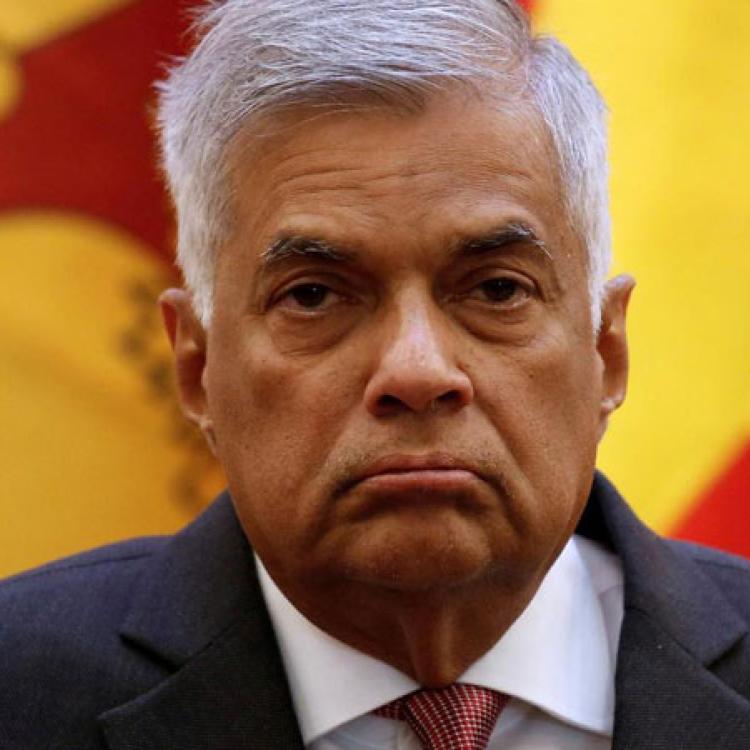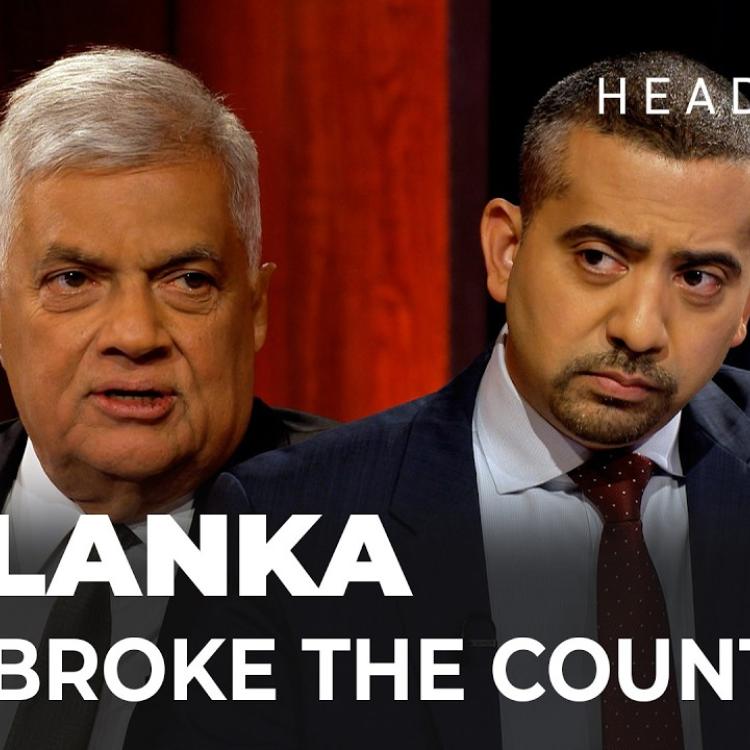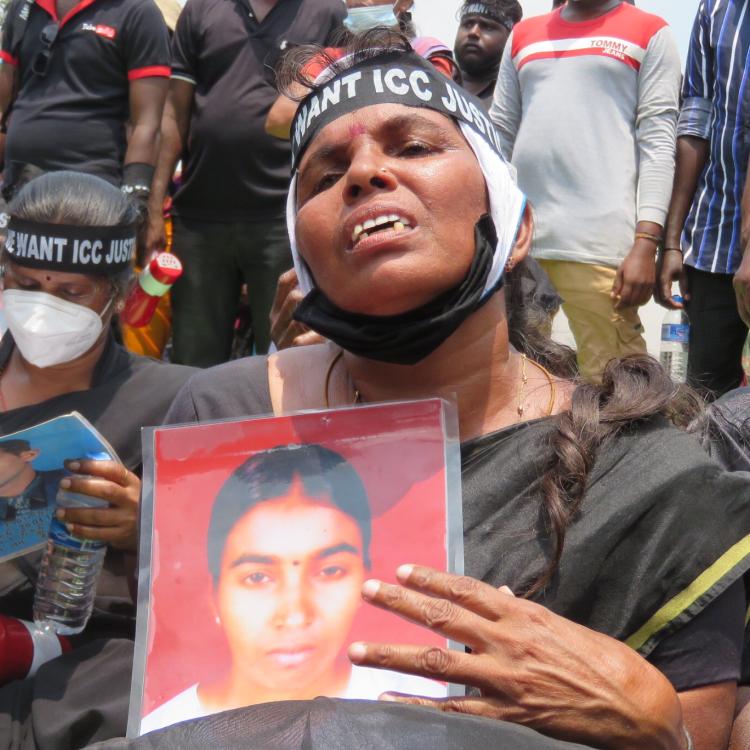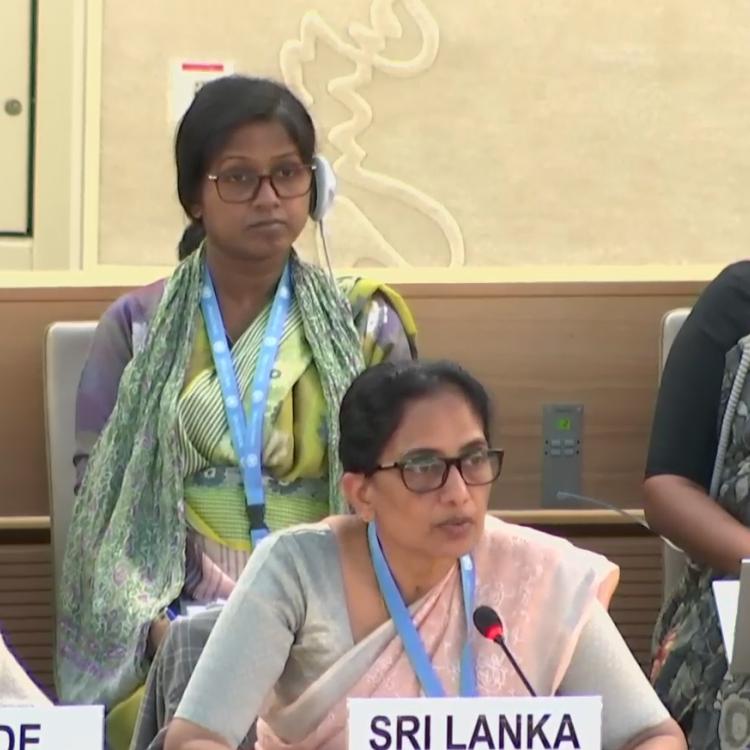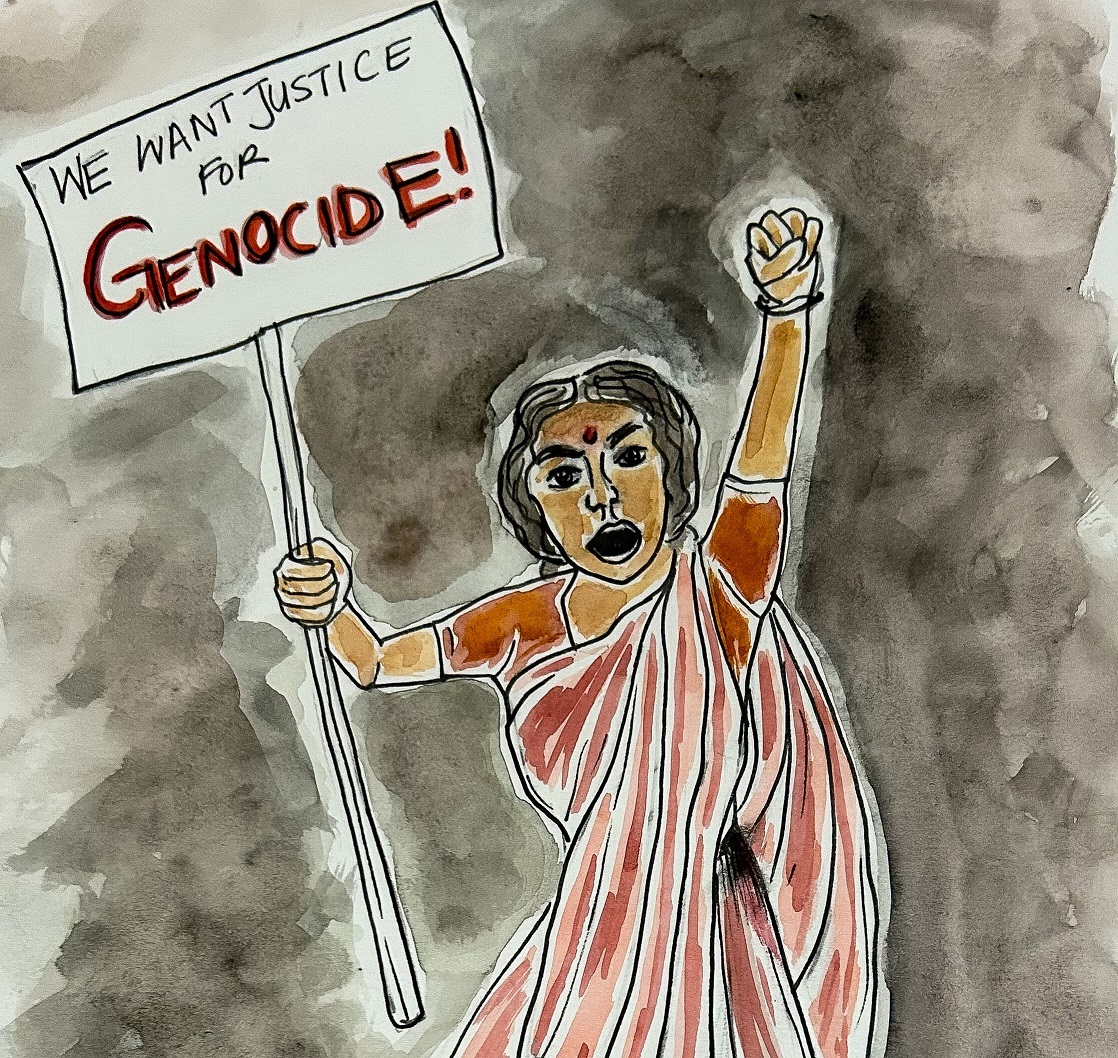
The events of this past week have reinforced an undeniable truth. Sri Lanka remains as obstinate as ever in its refusal to deliver justice for its crimes, and the international community remains unwilling to take meaningful action. That cannot continue.
At the 58th session of the United Nations Human Rights Council (UNHRC), the Sri Lanka Core Group, which includes Canada and the UK, extended yet another diplomatic olive branch to Colombo. They “appreciated” Sri Lanka’s so-called “initial steps”, including the token return of land and the lifting of roadblocks, while conveniently ignoring the continued presence of tens of thousands of soldiers occupying Tamil lands and the lack of accountability for mass atrocities. They also went on to disregard the demands of victims, and indeed previous UN resolutions calling for a hybrid accountability mechanism, by urging Sri Lanka to ensure that “any future transitional justice mechanisms are independent, inclusive, meaningful, and meet the expectations of affected communities.” Given how the current government has outright rejected resolutions that have been passed at the global body, and continues to ignore demands of survivors, the call from the Core Group rings entirely hollow.
Once again, Western states failed to push for what is truly needed – rigorous, international accountability. Instead, they continue to “take note”, “appreciate”, and “encourage” Sri Lanka to adapt the path of gentle reform, tacitly endorsing empty domestic measures. This feeble approach does not bring Sri Lanka any closer to justice. It only emboldens its leaders to continue their strategy of evasion and entrenches impunity even further.
In contrast, Tamil survivors have been unequivocal in their demands. Tamil families of the disappeared, who continued to march this week, repeated what they have made clear for years. Sri Lankan leaders must be taken to the International Criminal Court (ICC) and an international mechanism must be put into place to account for the genocide. Writing to the Core Group, the Tamil National People’s Front (TNPF) rightly pointed out that previous resolutions have been a failure. As the TNPF has warned, any resolution at the UNHRC that does not move towards real accountability “cannot be sustained in the name of justice.” The time to move beyond empty rhetoric at Geneva is long past due.
The deep-rooted nature of Sri Lanka’s impunity was on full display as Ranil Wickremesinghe, once the darling face of Sri Lanka’s supposed liberal democracy, made a complete spectacle of himself in an interview with Al Jazeera’s Head to Head. Under questioning from Mehdi Hasan, he threatened to walk out just minutes into the discussion. Instead of addressing his role in shielding war criminals, and failing to investigate enforced disappearances, Wickremesinghe resorted to childish antics. His repeated responses of “no contest” when asked about accountability for war crimes and the forcibly disappeared were met with audible disbelief from the audience in London and outrage from viewers around the world.
Facing humiliation, Wickremesinghe attempted to deflect blame in a desperate bid to save face. He absurdly accused two panellists of having “pro-LTTE” ties, even though his biggest clashes were with Hasan himself. Unable to justify his own words, he instead resorted to a familiar Sri Lankan strategy—painting all critics as LTTE sympathisers. If Sri Lanka’s response at the UNHRC was a diplomatic smokescreen, Wickremesinghe’s interview was an outright debacle. Sri Lanka’s leaders are simply unaccustomed to being held to account.
His comments not only confirmed his refusal to engage with demands for justice, but they also exemplified Sri Lanka’s deeply ingrained culture of impunity. This is a truth that Tamils have long known. Sri Lanka’s political class, fuelled by decades of racist, ethnocratic politics have a complete disdain for transparency and accountability. It must be dismantled entirely.
This week has made one thing abundantly clear: Sri Lanka will never voluntarily deliver justice. Whether in Geneva or on an international news broadcast, its leaders lie, deflect, and evade. The longstanding international approach of gentle persuasion has yielded zero results. War criminals roam free, the disappeared remain unaccounted for, and survivors continue to wait. Sri Lanka has rejected every opportunity for genuine reform—while continuing to use the UNHRC as a shield to deflect harsher action.
The time for weak resolutions and diplomatic niceties has long passed. Justice must be served.

